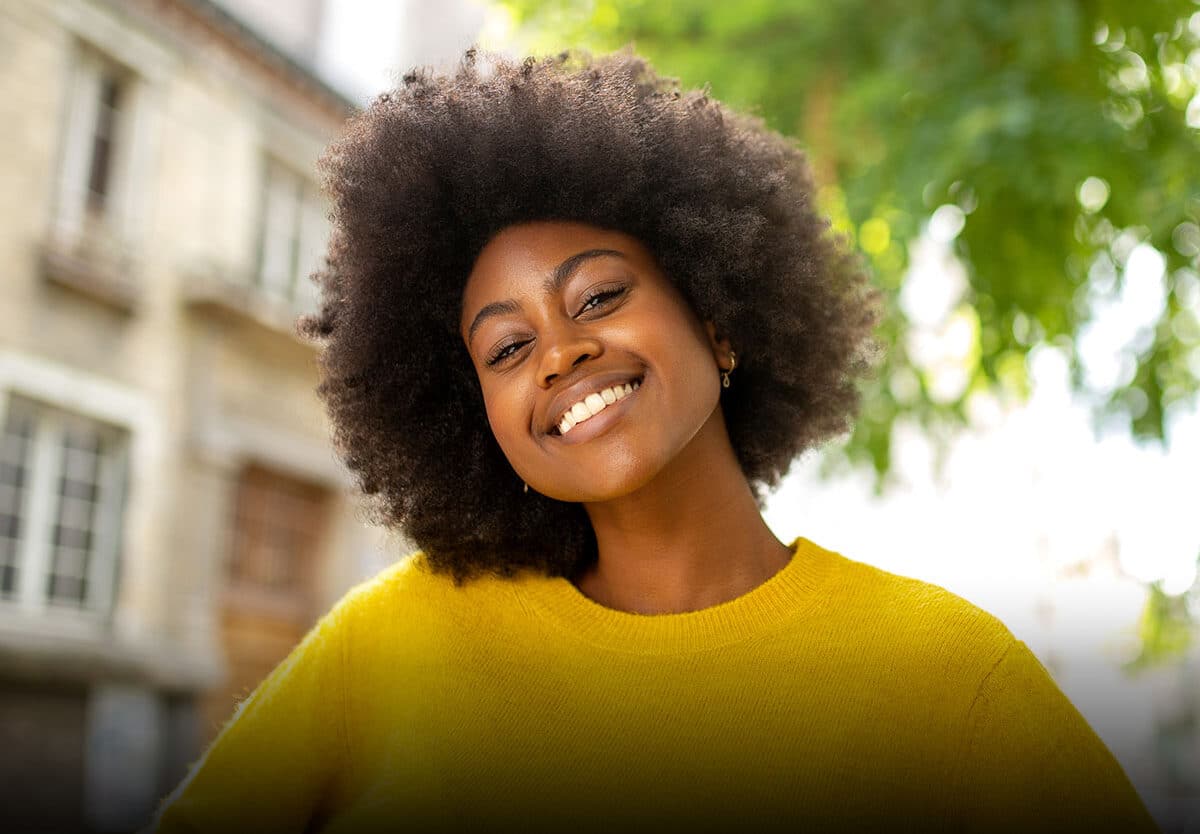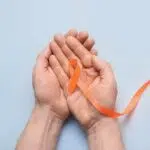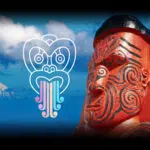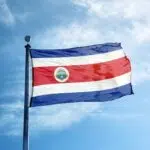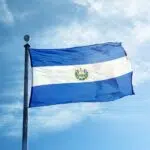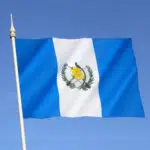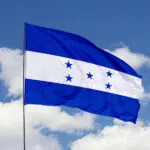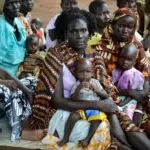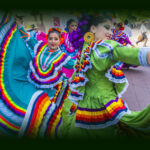World Afro Day is celebrated on September 15 every year. The day celebrates the natural kinky, coiled, or curly hair for people from black or mixed-race ethnicities. World Afro Day was founded in an attempt to normalize afros and their natural texture and end discrimination towards people who wish to wear their hair in their natural afros. The day also attempts to instill a sense of pride in people about their hair and remove feelings of shame that might be associated with tightly coiled and kinky hair.
History of World Afro Day
World Afro Day is celebrated on September 15 worldwide every year. The day celebrates the natural hair of people from black and mixed-race ethnicities, normalizes afros, and prevents discrimination based on hair.
When Africans were enslaved, they were forced to conform to the hairstyles and clothing of their enslavers. Their natural hair texture was seen as undesirable, so even after enslaved people were freed, societal pressures forced them to modify their natural hair. The process of changing naturally kinky and coiled hair into the straight, smooth hair that was seen as desirable was not easy. Even today, the process of straightening and smoothing extremely coiled hair requires expensive substances that must be applied by professionals. These chemicals can cause burns, hair loss, and damage to the hair over time.
Apart from the physical damage, people with naturally coiled hair have faced discrimination because their hair was unfairly seen as messy or unkempt. This led people to believe that their hair was not attractive and would also lead to them losing out on job opportunities as employers would discriminate against them. With the advent of the Civil Rights movement, more black people adopted the afro as a simple, easy-to-maintain hairstyle that did not require them to change the natural texture of their hair.
Today, World Afro Day celebrates the afro and all other hairstyles worn by black and mixed-race people and all elements of afro hair, culture, and identity. It also educates people to understand more about afro hair and hairstyles.
World Afro Day timeline
African Americans change their hair texture to blend in better with the hair preferred by white society.
With the burgeoning Black Pride movement, more black people embrace the natural texture of their hair and wear their hair in afros.
Political activists like Angela Davis, musicians like Jimi Hendrix, and other prominent black people are known for their large afros.
Although afros were less popular in the 1980s, they come back in style in the 1990s and 2000s.
World Afro Day FAQs
When did World Afro Day start?
World Afro Day started in 2017 and has been celebrated every year since.
Who started World Afro Day?
Michelle De Leon is the founder and C.E.O. of World Afro Day.
What is the CROWN Act?
The CROWN Act stands for Create a Respectful and Open Workplace for Natural hair, and it is a California law that prevents discrimination against afros and other natural hairstyles.
World Afro Day Activities
Learn about afros
Education is one of the core aims of World Afro Day. Take this opportunity to learn more about different kinds of hair and why they grow that way.
Share information about afros
Most discrimination comes from a lack of knowledge or prejudices. Fight these problems at the root by sharing information about afros and the culture behind them with the people around you.
Post pictures on social media
Representation matters, and there isn’t enough celebration of afros in the world. Post pictures of you or your friends who have afros and be good role models.
5 Facts About Afros That Will Surprise You
Afros are not traditionally African
Afros grew in popularity in America during the Civil Rights movement, and the hairstyle likely evolved in America without roots in African hairstyles.
Dreadlocks are the Caribbean equivalent
As afros grew in popularity in America, dreadlocks grew in popularity in the Caribbean.
It was popular in South Africa
During the 1950s and 1960s, afros grew in popularity in South Africa as well, with many women seen wearing their hair in afros.
It was banned in Tanzania
Seen as a symbol of growing American influence and unrest, afros were banned by the Tanzanian government.
It needs a special comb
A wide-toothed comb called an afro pick is used to pick at the hair and tease it tall into the shape the wearer prefers.
Why We Love World Afro Day
It celebrates Afro culture
Hair is a big symbol of culture and lifestyle, and afro culture deserves time in the spotlight. Use this day to learn and appreciate afro hair and culture.
It strives to end discrimination
People should be able to wear the hairstyles they want without feeling hurt or damaged. World Afro Day wants to make sure that people can wear their hair naturally without being afraid of discrimination.
An opportunity to be good examples
This day is an opportunity for people to share how much they love themselves and their heritage. We can use this opportunity to encourage young people to love themselves and their natural hair.
World Afro Day dates
| Year | Date | Day |
|---|---|---|
| 2025 | September 15 | Monday |
| 2026 | September 15 | Tuesday |
| 2027 | September 15 | Wednesday |
| 2028 | September 15 | Friday |
| 2029 | September 15 | Saturday |
